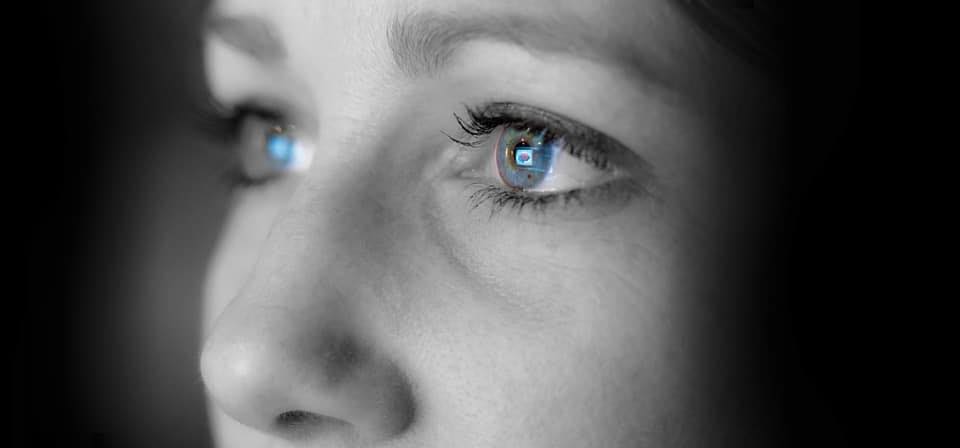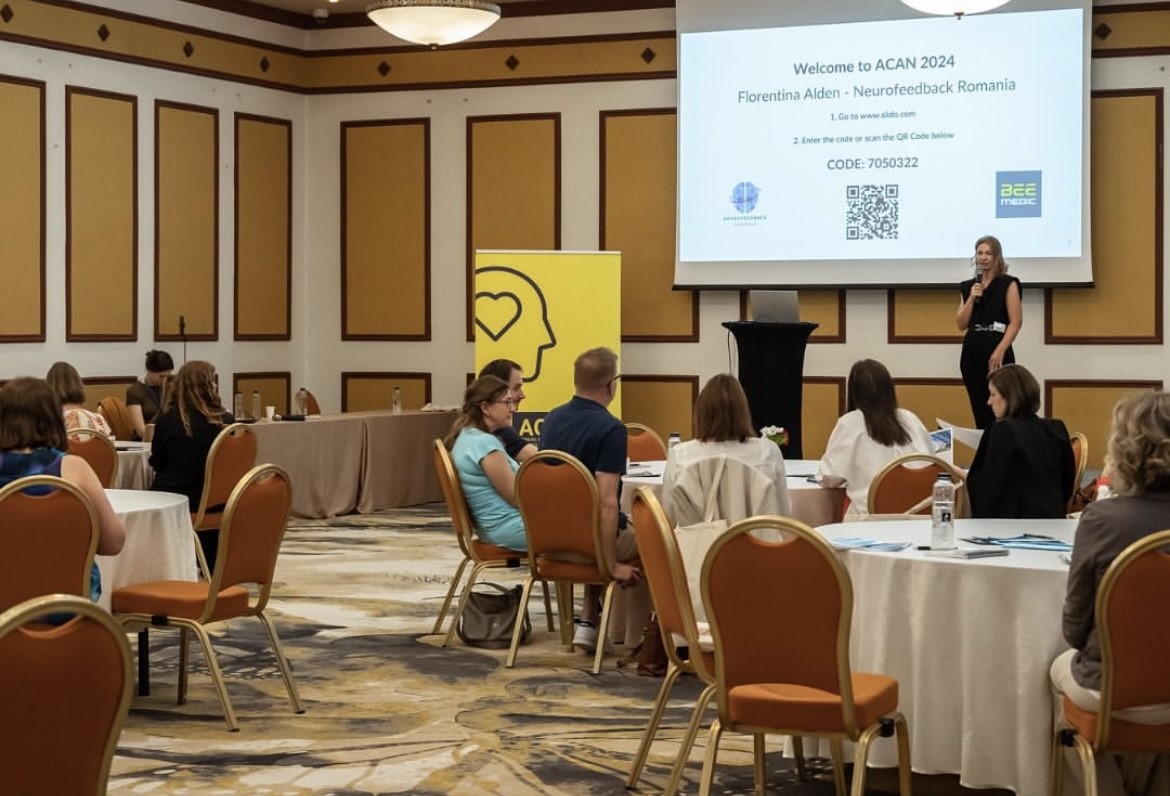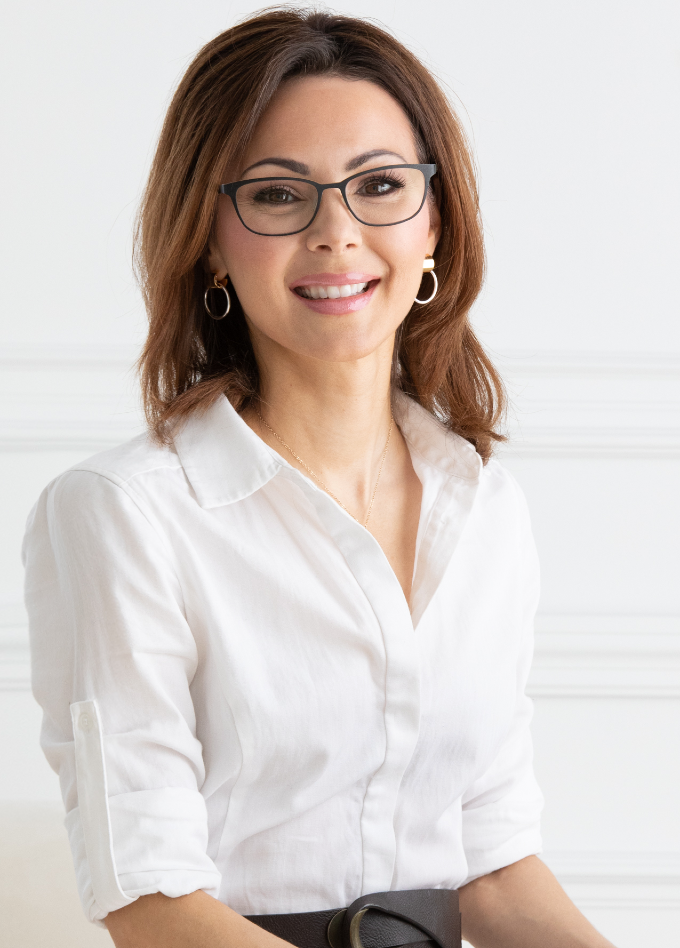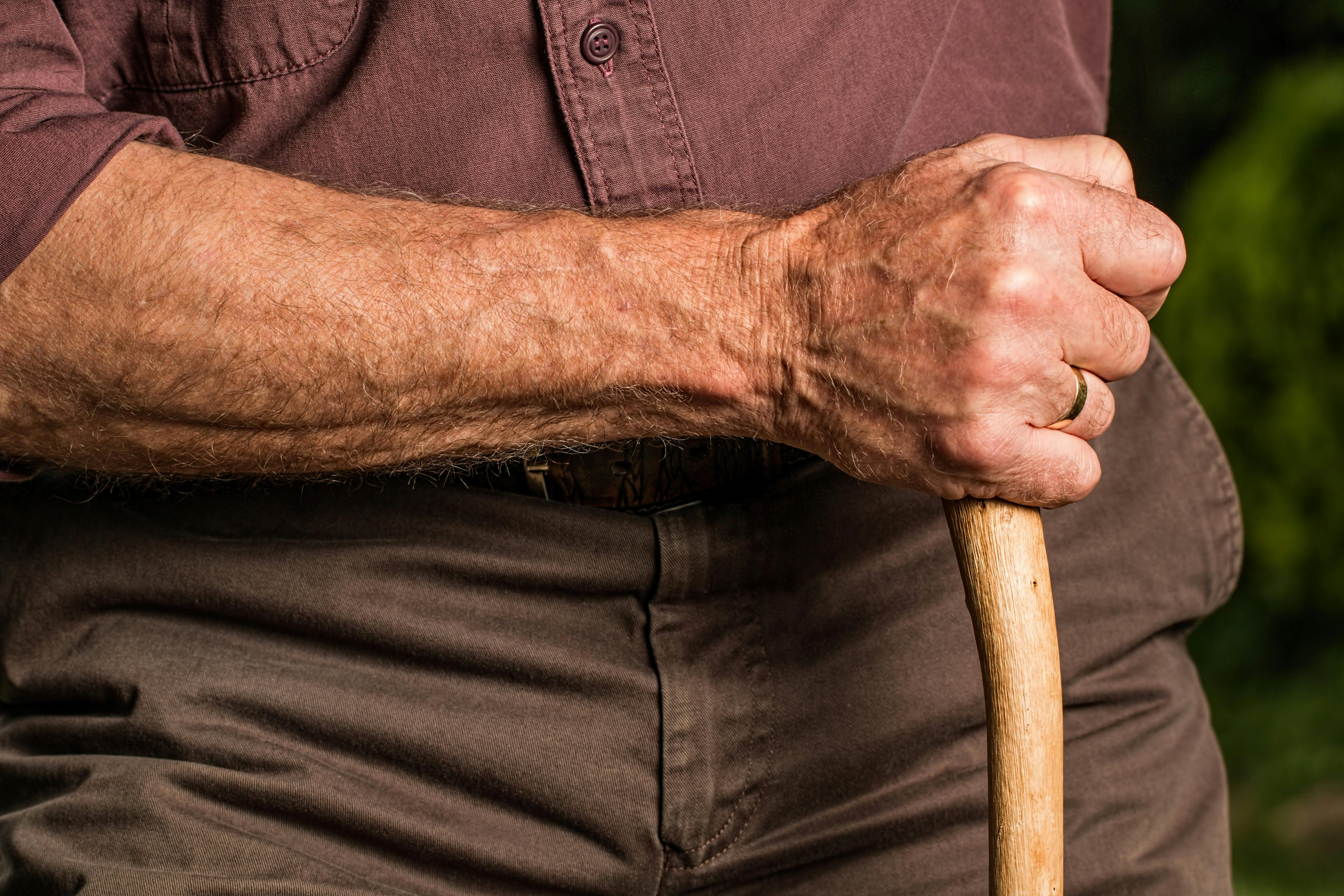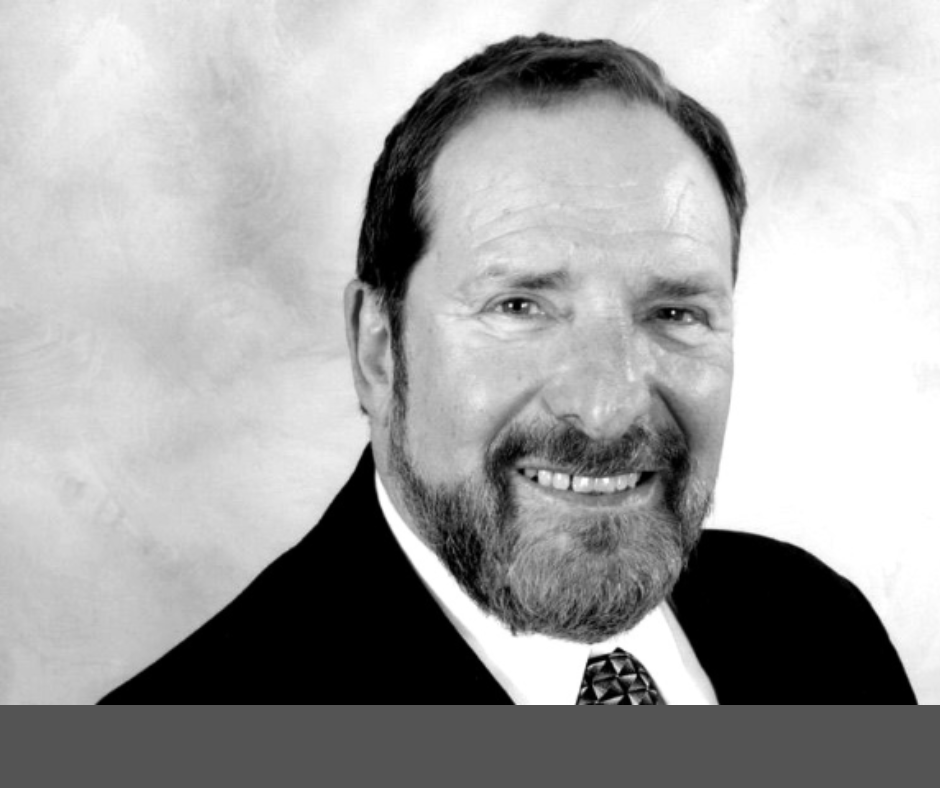
Customer Stories: Therapeutic Partners, LLC
11. June 2024Meet Therapeutic Partners, LLC from Covington, LA!
Therapeutic Partners, LLC, is an outpatient behavioral health facility located in Covington, LA just north of New Orleans. They are owned and operated by clinicians who believe integrative care vastly improves patient outcomes, and who are committed to providing quality, comprehensive treatment. They offer progressive counseling interventions and a team-based approach to assist children and adults in achieving their highest possible level of functioning, thus improving the overall wellness of their community.

